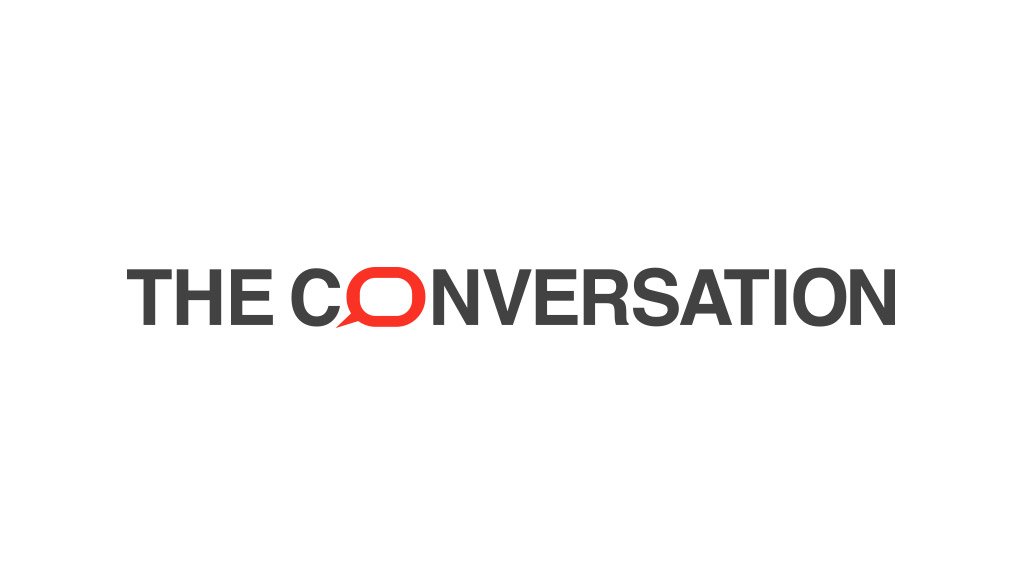In 2025, as in the last election in 2018, and in all presidential elections since 1992, it is reasonable to expect that the ruling party will win. And opposition parties will want to protest.
If Biya wins, by the end of the new term in 2032, he will have been in power for half a century. It will be a feat no other executive head of state has ever achieved in modern history.
Moreover, in 1968, Biya concurrently occupied the roles of director of the civil cabinet of the president and secretary general of the presidency (the most important government position after the president). In 1979, he became the prime minister, and in November 1982, he succeeded Ahmadou Ahidjo to become president.
Therefore, considering Ahidjo’s limited education and health problems in the later stages of his time in office, in effect, Biya has been in charge of Cameroon since 1968 – about 57 years.
As an international security scholar, for over a decade, I have researched security in Cameroon, including the separatist insurgency in the North West and South West regions, Boko Haram in the Far North region, and the security implications of Biya’s stay in power.
In my view, regardless of the many criticisms of Biya’s rule, he has provided regulatory and political stability. In the past 42 years, foreign investors and external security partners didn’t have to worry about radical policy changes in Cameroon.
This election – whether it brings a new term or a transition – risks the stability Cameroon’s external partners have become accustomed to. It could increase ethnic or regional tensions arising from prolonged marginalisation. It could also begin a transition process that could take time to consolidate, allowing space for instability, including more armed conflict.
Threats of insurgency
Among the most cited grievances of separatists are the abolition of the federal system and the change of Cameroon’s official name in 1984 from the United Republic of Cameroon to the Republic of Cameroon (the name adopted by the former French colony of Cameroun in 1960).
The separatists argue that the word “united” made it clear that present day Cameroon was formed of two equal parts. Removing the word means one has subsumed the other.
They are also aggrieved about the under-representation of English-speakers in senior government positions.
As the secretary general of the presidency, Biya was no bystander in the 1972 referendum that ended the country’s federal system of government. He has also been in charge of appointing senior government officials since 1982.
Some separatists think that if his government had addressed the protests in 2016, it would not have escalated to an insurgency.
Protests by English-speaking lawyers and teachers in 2016 against perceived francophone dominance sparked a violent crackdown by security forces. This led to the formation of armed separatist groups who declared an independent state called “Ambazonia” and initiated an armed conflict with the government.
Similarly, it could be said that Biya’s approach to foreign policy contributed to the growth and strength of Boko Haram, a regional terror group, in Cameroon. The group exploited lapses in Cameroon’s security architecture and Biya’s strategy of keeping a low profile in international politics.
The International Crisis Group and several analysts believe that had Cameroon’s government cracked down on the activities of Boko Haram, the insurgency would have struggled to gain the momentum it did in 2014 and 2015.
In my view, Biya’s reluctance to draw international attention to Cameroon made him hesitant to act against Boko Haram.
To sum up: more of the same is unlikely to address the threat of persistent insurgency.
The election can deepen fractures
Maurice Kamto was the leading opposition candidate in the last presidential election. His protest against the results caused a degree of post-election crisis. His candidacy in the 2025 election was rejected.
Kamto is of the Bamiléké ethnic group, with its homeland in the West region, where a feeling of political exclusion already exists.
Issa Tchiroma, an opposition figure who has served as government minister for extended periods since 1992, resigned in 2025 to become a candidate for the elections in October. Tchiroma is from the north (Adamawa, North and Far North regions). There is a degree of expectation that the presidency should rotate between the north and the south. It is the turn of the north because Biya, the second president, is a southerner, while the first president, Ahidjo, was from the north.
Tchiroma is likely to claim unfair treatment if he does not win. He has already protested publicly against being prevented from travelling out of the country.
Violence in Kamto’s Bamiléké homeland or Tchiroma’s north could expand sections of Cameroon’s territory affected by insurgency. There are parts of the North West (where separatists operate) and West regions that connect to Adamawa, then to the North and Far North regions (where Boko Haram operates). A coalition between the Bamiléké and the north against the core south (Biya’s support base) could seriously challenge Cameroon’s security. The divide could create more than a peripheral insurgency.
If Cameroon is destabilised because of Biya overstaying in power or a botched transition, it threatens security in the central Africa region.
Way forward
My research on the separatist insurgency clearly shows that Cameroonian officials and their international backers must address feelings of marginalisation or political exclusion.
Biya’s age and longevity in office, and the prospect of another seven year term, raise questions about eventual transition, and which ethnic group the next president should come from.
Careful consensus building would be necessary to ensure that a politically significant group like the Fulani, Bamiléké or anglophones do not feel seriously marginalised or excluded from politics.
Written by Manu Lekunze, Lecturer, University of Aberdeen
This article is republished from The Conversation under a Creative Commons license. Read the original article.











